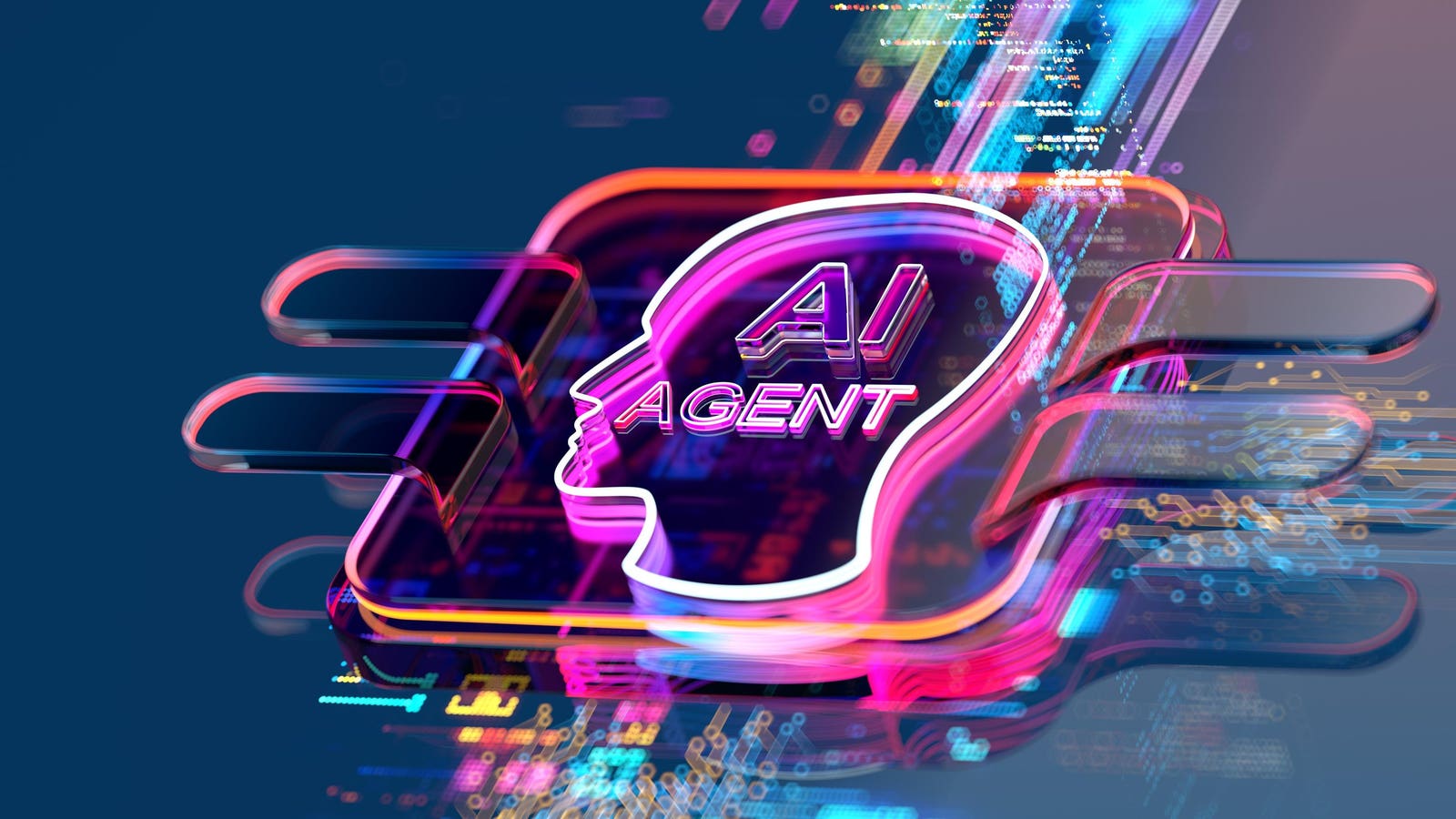The war for CX specialized AI platform dominance continues with NiCE buying Cognigy.
The deal enhances NiCE’s position in the emerging $30 billion market for AI agents that can handle complex customer interactions from start to finish
In a move that signals a tidal wave of upcoming of artificial intelligence acquisitions, NiCE snapped up German conversational AI leader Cognigy for approximately $955 million. The acquisition showcases a strategic bet on how conversational and agentic AI will drive the future of customer interactions in an increasingly AI-enhanced application landscape. The deal, expected to close in Q4 2025 pending regulatory approvals, combines NiCE’s CXone Mpower platform with Cognigy’s enterprise-grade conversational and agentic AI capabilities.
Cognigy’s customer roster includes large firms such as Mercedes-Benz, Nestlé, and Lufthansa Group. Cognigy currently runs production deployments handling millions of customer interactions across multiple languages and channels. The Cognigy portfolio is expected to achieve 80% year-over-year ARR growth in 2026, reaching an estimated $85 million. The acquisition shows how NiCE is valuing where the AI market is going—particularly as major cloud providers like AWS, Google Cloud, and Microsoft are making massive investments in agentic AI platforms.
The Agentic AI Arms Race: Context for the Acquisition
You may be wondering why NiCE invested $995 million in a startup when it was already developing its own AI platform with MPower. NiCE’s acquisition comes at a pivotal moment as the technology industry shifts toward “agentic AI”—autonomous software systems that can reason, plan, and take action independently rather than simply respond to queries. Unlike simple chatbots that follow predetermined scripts, these agents can adapt to new situations, access multiple systems, and resolve issues that previously required human intervention. The acquisition gives NiCE a proven platform for agent development and deployment, rather than having to build these capabilities from scratch or rely on generic cloud provider tools.
The timing of the acquisition is no coincidence. Just months before NiCE’s announcement, AWS, Google Cloud, and Microsoft unveiled various components to create more comprehensive agentic AI platforms. Meanwhile, all three of these cloud computing providers offer conversational AI and contact center solutions that compete with NiCE in various market segments. Over the past year, these hyperscalers have worked hard to eliminate any contact center feature gaps while driving innovation in areas such as conversational AI and agentic AI.
For example, at Google Cloud Next 2025, the company introduced its Agent Development Kit (ADK) that allows developers to build multi-agent systems with less than 100 lines of code, alongside the Agent2Agent (A2A) protocol for enabling AI agents from different vendors to communicate with each other. More than 50 technology partners, including major enterprise software providers like Salesforce, ServiceNow, and SAP, have signed on to support this protocol.
This July, AWS upped the ante with Amazon Bedrock AgentCore, which enables organizations to deploy and operate secure AI agents at enterprise scale with seven core services, alongside a new AWS Marketplace category for AI agents and tools, and a $100 million investment to boost agentic AI development. The AWS Marketplace now features more than 900 agents and related support from providers including Anthropic, Salesforce, IBM, PwC, and others.
Meanwhile, the 2025 release wave 1 for Dynamics 365 Contact Center introduced Copilot and agent capabilities to automate intent determination for evergreen self-service and autonomous knowledge management. Additional key features include multimodal support in the customer intent agent, enhanced unified routing features, and new workforce and quality management capabilities.
Why This Acquisition Matters: 3 Strategic AI Customer Experience Imperatives
1. Capturing the $30 Billion AI Customer Experience Market Opportunity
The acquisition and NiCE’s current strategy targets what it identifies as a massive underserved market. According to CEO, Scott Russell, AI-led self-service resolves only about 5% of customer interactions, leaving enormous room for growth. The company projects this could represent a $30 billion market opportunity as businesses seek to automate more sophisticated customer service scenarios. Enterprise buyers have told Lopez Research that conversational interfaces for customer service experiences are one of the first three use cases that their firms will deploy when looking to add AI into the organization. The combined entity is positioning itself to capture a significant share of this expanding market.
2. Expanding Market Reach Through Complementary Customer Bases
One of the most compelling aspects of this deal is the minimal overlap between the two companies’ customer bases. NiCE CEO Scott Russell shared with industry analysts that “customer overlap is relatively low,” creating significant cross-selling opportunities. NiCE can introduce Cognigy’s AI capabilities to its established North American enterprise clients, while Cognigy can leverage NiCE’s broader customer experience platform to expand within its European customer base.
3. End-to-End Workflow Orchestration: Beyond the Contact Center
“Companies aren’t just looking to upgrade their customer service. They’re reimagining it, and they’re doing it AI-first,” Russell emphasized. NiCE said the acquisition will aid its strategy to move customer service from a reactive function into a proactive, intelligent system that can resolve issues autonomously or seamlessly hand off to human agents when needed
NiCE has long said that it is a customer experience company, yet there are so many different technologies that are part of creating the customer experience. While Contact Center as a Service (CCaaS) offers solutions for customer support, NiCE aims to expand its reach beyond traditional contact center operations to encompass comprehensive workflow orchestration and proactive communications. Expansion beyond the contact center isn’t a new strategy for NiCE. However, combining the two platforms is expected to accelerate its ability to automate and orchestrate entire customer journeys from initial intent to final fulfillment, spanning front office, middle office, and back office operations. For example, Cognigy said one of its financial services customers is processing 10s of thousands of outbound collections calls every week on its platform. The goal is also to add more proactive outbound marketing scenarios. The technical capability to orchestrate these complex workflows requires deep integration between conversational AI, workflow automation, and enterprise systems.
Cognigy positions itself as enabling organizations to “design, build, and operate self-service agentic AI agents at scale.” This capability becomes increasingly important as major cloud providers expand their own agentic AI offerings. AWS’s recently announced AgentCore to streamline development with features such as memory management, identity controls, and tool integration. At the same time, Google’s Customer Engagement Suite offers “human-like voices, the ability to understand emotions so agents can adapt better during conversations, and streaming video support so virtual agents can interpret and respond to what they see in real-time.
Additional Benefits: European Presence and Data Compliance Advantages
The acquisition provides NiCE with a crucial European footprint at a time when data sovereignty and AI regulations are reshaping enterprise technology decisions. Cognigy’s German heritage and European operations position the combined entity to address growing demand for “Sovereign AI” solutions.
What is Sovereign AI? Sovereign AI refers to a country or region’s capability to produce artificial intelligence using its infrastructure, data, and workforce, while maintaining control over AI development and deployment. For enterprises, this means AI solutions that comply with local data protection laws (like GDPR), operate within national borders, and reduce dependence on foreign AI providers.
As Cognigy CEO Philipp Heltewig explained, “We see it as an investment into the European ecosystem,” noting that this represents “the biggest AI exit in Europe ever.” For multinational corporations operating under increasingly strict data residency requirements, having AI capabilities that can operate within European sovereign cloud environments becomes a competitive necessity. For example, Google Cloud has also recognized this trend with its Sovereign AI solutions on-premises, allowing Gemini to run in Google Distributed Cloud locally and in air-gapped environments.
Navigating the Multi-Platform Reality Through Protocol Standards
While the acquisition creates a powerful integrated platform, both companies acknowledge the reality of enterprise technology environments. The companies expect customers will continue to use multiple platforms and vendors. The key is enabling seamless orchestration across these diverse systems.
This challenge is driving the adoption of emerging protocols that both Google and AWS are actively promoting. Google’s Agent2Agent (A2A) protocol “will allow AI agents to communicate with each other, securely exchange information, and coordinate actions on top of various enterprise platforms or applications,” Additionally, AWS’s marketplace now supports solutions that work with “Model Context Protocol (MCP) and Agent-to-Agent (A2A) standard protocols.”
For business leaders, this means choosing vendors that can integrate with existing technology stacks while providing a path toward more unified AI-driven operations. The fact that both major cloud providers are supporting these interoperability standards suggests the industry is moving toward a more connected, agent-driven ecosystem—precisely what NiCE and Cognigy are positioning to deliver.
The Broader Implications for Enterprise AI Strategy
This acquisition reflects several important trends that business leaders should consider when developing their AI strategies. First, speed matters. As Russell noted, “speed is a choice.” In rapidly evolving technology markets, companies that move quickly to integrate advanced capabilities often gain insurmountable competitive advantages. The fact that major cloud providers are investing billions in agentic AI infrastructure means the competitive window for building differentiated customer experience capabilities is narrowing.
Second, AI is complicated and platform integration often beats point solutions. The most successful AI deployments will be those that integrate across entire business processes, not just individual functions. Customers expect seamless experiences regardless of which systems are handling their requests behind the scenes.
Finally, it’s only the beginning for both the creation of AI-enabled CX platforms and acquistion rollups. The NiCE-Cognigy acquisition represents both a consolidation play and a bet on a strategy to embed the functionality of conversational and agentic AI across business operations. For enterprise leaders, the key question is how they’ll construct CX applications and workflows in the future. While NiCE touts a vision of AI-first customer experience, it’s a requirement for any leading technology vendor to offer a robust AI platform. The competition from hyperscalers and existing CCaaS vendors means NiCE will need to execute flawlessly to maintain its advantage. The competitive landscape will be shaped by how fast a company can create flexible AI platforms that deliver measurable business outcomes









